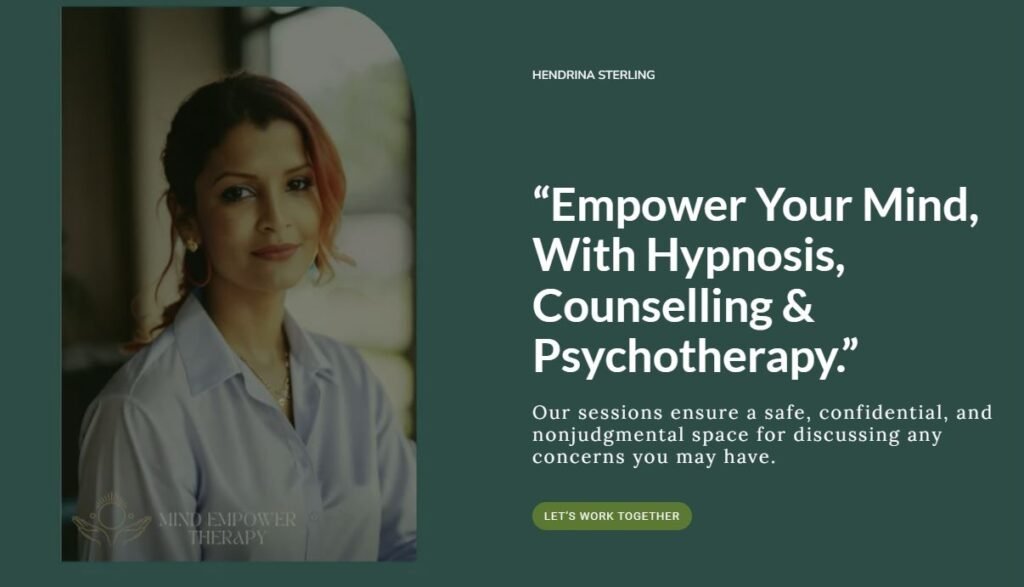Setting boundaries is a crucial aspect of maintaining healthy relationships and ensuring personal wellbeing. Boundaries define the limits we establish in our interactions with others, protecting our physical, emotional, and mental health. Understanding the importance of boundaries and learning to set them effectively can empower individuals to foster healthier connections and enhance their overall quality of life.
What Are Boundaries?
Boundaries are personal guidelines that delineate how we want to be treated by others and what we are comfortable with in various situations. They can be categorized into several types:
- Physical Boundaries: These relate to personal space and physical touch. They determine how close others can get to us and what types of physical contact are acceptable.
- Emotional Boundaries: These involve the ability to separate your feelings from those of others. They help protect your emotional wellbeing by preventing you from taking on others’ emotions or being overly affected by their moods.
- Time Boundaries: These define how we allocate our time and energy. Setting time boundaries ensures we prioritize our commitments and avoid overextending ourselves.
- Material Boundaries: These relate to our possessions and resources. They determine how we share our belongings and finances with others.
- Intellectual Boundaries: These involve respect for our thoughts and opinions. They promote healthy discussions and protect us from being dismissed or devalued.

Why Are Boundaries Important?
1. Promote Self-Care
Establishing boundaries is essential for self-care. They allow individuals to prioritize their needs, ensuring that they do not become overwhelmed by the demands of others. Setting limits helps create space for self-reflection, relaxation, and personal growth.
2. Enhance Relationships
Healthy boundaries foster respect and understanding in relationships. They clarify expectations, reduce misunderstandings, and promote open communication. When boundaries are respected, relationships can flourish based on mutual trust and appreciation.
3. Prevent Burnout
Without boundaries, individuals may overcommit themselves, leading to emotional and physical exhaustion. By learning to say “no” or to set limits on their availability, people can protect their energy and prevent burnout.
4. Support Personal Growth
Boundaries encourage individuals to assert their needs and desires, promoting self-awareness and personal growth. When individuals express their limits, they become more attuned to their values, desires, and aspirations.
5. Create a Sense of Safety
Setting boundaries can foster a sense of safety in relationships. Knowing that personal limits will be respected creates a secure environment where individuals feel free to express themselves authentically.
How to Set Healthy Boundaries
1. Identify Your Needs
Start by reflecting on your personal needs and desires. Consider areas in your life where you feel uncomfortable or overwhelmed. Understanding what you need will help you articulate your boundaries clearly.
2. Communicate Clearly
Once you’ve identified your needs, communicate them assertively but respectfully. Use “I” statements to express how you feel and what you need. For example, “I feel overwhelmed when I receive last-minute requests. I need more notice to accommodate additional tasks.”
3. Be Consistent
Consistency is key to maintaining healthy boundaries. Once you’ve established your limits, stick to them. If you allow boundaries to be crossed occasionally, it can lead to confusion and resentment.
4. Practice Self-Compassion
Setting boundaries can be challenging, especially if you’re used to pleasing others. Be compassionate with yourself as you navigate this process. Remember, it’s okay to prioritize your needs.
5. Be Prepared for Reactions
Not everyone will respond positively to your boundaries. Be prepared for potential pushback or discomfort from others. Stay firm in your decision and reaffirm your needs without guilt.
6. Review and Adjust as Needed
Boundaries are not static; they can evolve over time. Regularly review your boundaries to ensure they continue to serve your needs. Be open to adjusting them as circumstances change.
7. Seek Support
If you struggle with setting boundaries, consider seeking support from a therapist or counselor. They can provide guidance and strategies to help you navigate this process effectively.
Conclusion
Setting boundaries is an essential skill for maintaining emotional and mental health. By understanding the different types of boundaries and their importance, individuals can cultivate healthier relationships and prioritize their wellbeing. Remember, boundaries are not barriers; they are tools for enhancing connection, respect, and personal growth. Embrace the power of setting boundaries, and watch as your relationships flourish and your sense of self strengthens.


Leave a Reply